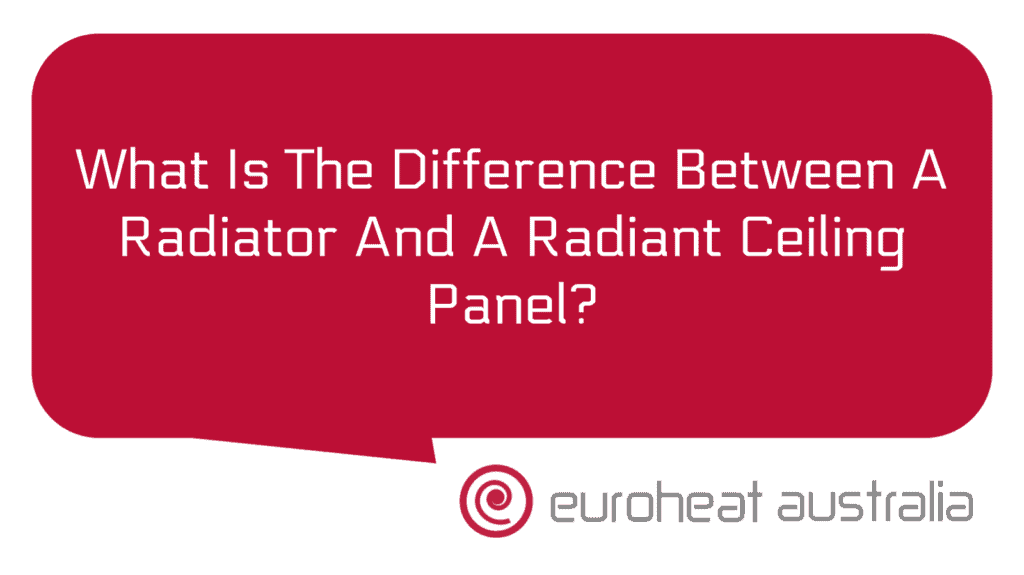If you’re keen to reduce your carbon footprint and make your home more energy-efficient, you should consider investing in an automated ventilation system. These systems help to regulate the temperature of your home by controlling the flow of fresh air inside, and are particularly effective when combined with a heat and chill recovery system.
Automated ventilation systems work by monitoring the indoor temperature and humidity levels of your home. When it gets too hot or cold, or when the air is too moist or dry, the system will automatically adjust the level of ventilation according to what’s needed. This means that you don’t have to constantly monitor the temperature yourself, saving time and energy.
The main benefit of using an automated ventilation system is that it helps to keep your home at a comfortable temperature all year round. Not only is this great for your comfort, but it also helps you save money on your heating and cooling bills. An automated ventilation system can also help reduce the amount of air pollutants in your home, such as dust and pollen, which can be beneficial for anyone suffering from allergies or asthma.
When combined with a heat and chill recovery system, an automated ventilation system can also help reduce your carbon footprint even further. Heat and chill recovery systems work by collecting excess heat from warm rooms in winter and transferring it to cooler areas in summer, resulting in significant savings on energy bills. Additionally, these systems are designed to capture moisture from humid rooms in summer (such as bathrooms) and transfer it into drier areas (such as bedrooms) for greater comfort all year round.
In Australia, Euroheat has been providing design services for hydronic heating & cooling systems for over 30 years. Their experienced engineers & installers provide designs tailored to individual needs that are then constructed within budget & timeframe – all with minimal disruption to families & businesses alike. The Euroheat team also provides after sales service & maintenance plans which ensure maximum performance & efficiency throughout its life cycle – meaning homeowners benefit from lower energy bills & reduced emissions long-term!
To give an example of how efficient a heat recovery system can be: Euroheat recently installed a hydronic heating & cooling system with a heat recovery unit into a 3 bedroom house in Perth. This resulted in a reduction of 6 tonnes of CO2 emissions per year compared with an old electric HVAC (heating ventilation air conditioning) system! The homeowner also saved $1000AUD per year on their energy bills – not bad for one simple installation!
So if you’re looking for ways to reduce your carbon footprint while making your home more comfortable all year round at the same time – why not try investing in an automated ventilation system combined with heat or chill recovery? And if you want peace of mind knowing that you’re getting top quality service from experienced engineers then Euroheat should be at the top of your list!





